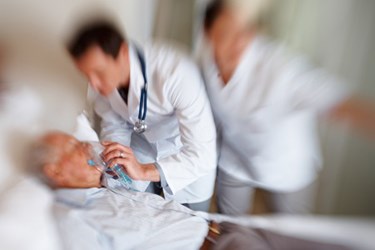Chinese Collaboration Yields New Treatments for Antibiotic Resistant Superbugs

A research team from A*STAR Institute of Chemical and Engineering Sciences (ICES) and the National University Hospital (NUH) in Singapore has discovered new and promising ways to enhance existing treatments in respiratory infections and antibiotic-resistant superbugs.
The ICES/NUH collaboration has been experimenting with different mixtures and combinations of existing antibiotics and muco-actives and have found a combination to be successful in treating several different forms of bacteria-linked acute upper respiratory infections.
In order to combat antibiotic resistant strains, the team then developed three more combinations that could be used interchangeably. The idea behind the variety of mixtures is to keep the bacteria guessing and prevent it from developing a resistance to the treatment. Furthermore, these formulations are inhaled, allowing the medicine to enter the system more quickly.
Desmond Heng, ICES principal investigator explains, “Making the formulation inhalable and portable not only delivers a higher concentration of the drug to the lungs but also gives the added potential to be an effective out-patient treatment alternative. Furthermore, if the disease is well-controlled in an outpatient setting with no further progression, costly hospitalization could be avoided.”
Initial studies have found the mixture to be more expedient in killing the infection and can work in half the time of existing treatments.
Raymond Lin, Head and Senior Consultant in the Microbiology Department at NUH, said, “The next crucial step will be to translate laboratory findings to clinical application.”
According to the World Health Organization (WHO), antibiotic resistance, a form of antimicrobial resistance, is one of the biggest challenges in infectious disease research and development. Bacteria continue to evolve and mutate, and existing treatments quickly become ineffective against what are termed “superbugs.”
The WHO published its first global report on the need for a renewed effort in stemming antimicrobial resistance. The report, which included data from 114 countries, issued a call to action to drug developers to find new treatments that could fight mutated forms of known diseases.
